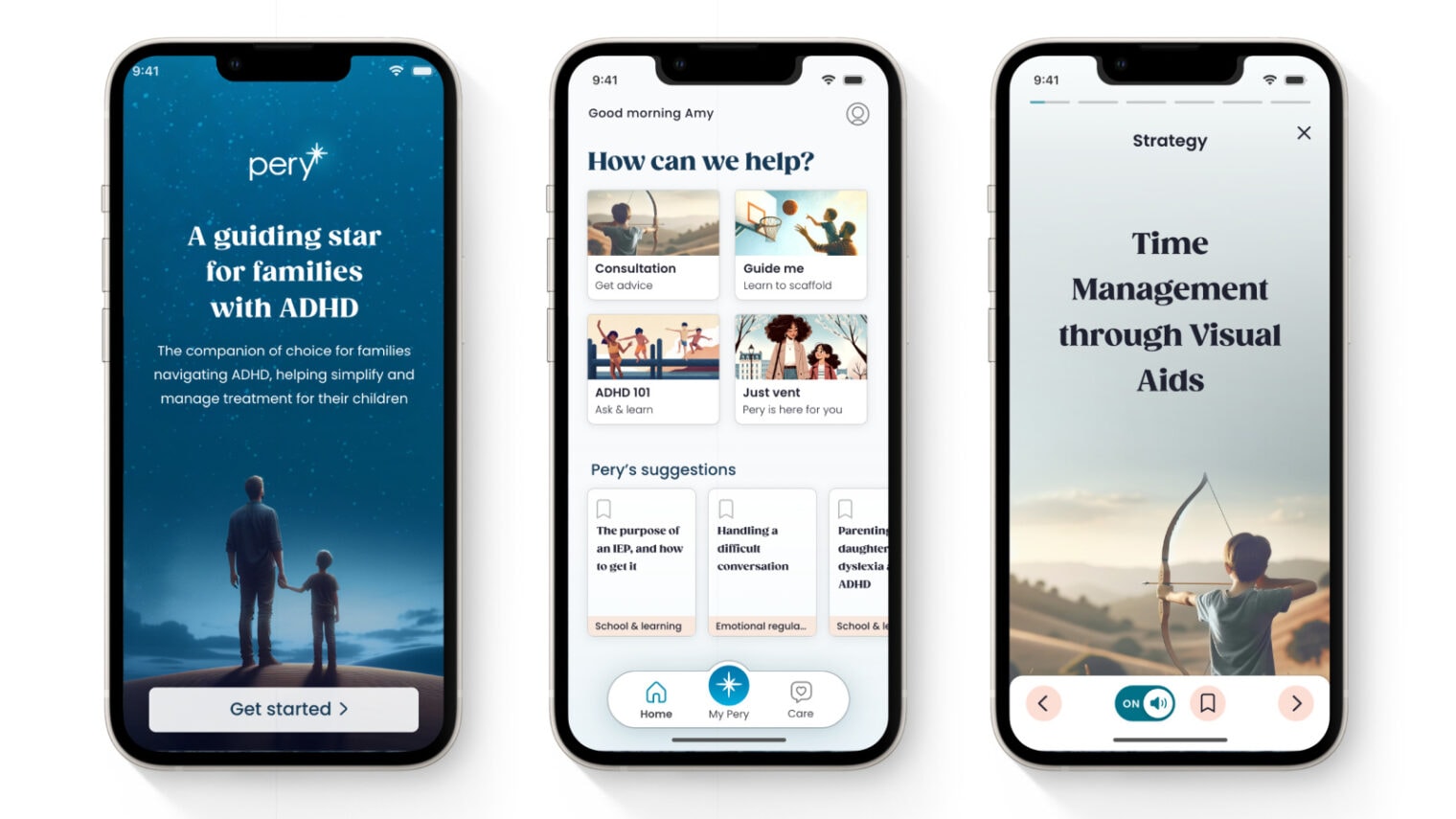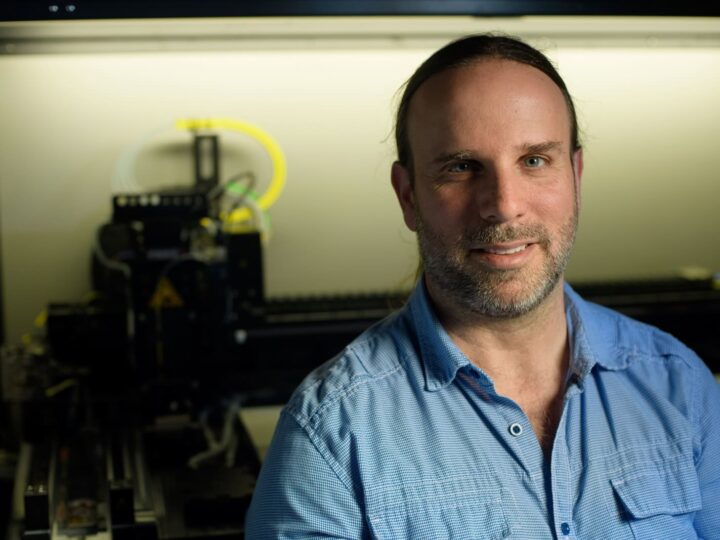Ziv Elul was 48 when he was diagnosed with attention deficit hyperactivity disorder (ADHD).
It didn’t come as a big surprise, he says. As a child he’d always been easily distracted and found it hard to focus.
But back then teachers didn’t pick up on what we now regard as key indicators of the disorder (the term ADHD wasn’t officially recognized by the American Psychological Association until 1987). Elul was left to devise his own coping strategies, with help from his parents.
Today ADHD is widely recognized – and widely medicated, with Ritalin or similar. Around 10 percent of children aged three to 17 in the US have been diagnosed with the disorder.
Children with ADHD will typically struggle to pay attention, become restless and fidgety, behave impulsively, lose things, forget things and fall out with other kids. They are often seen as difficult or disruptive.
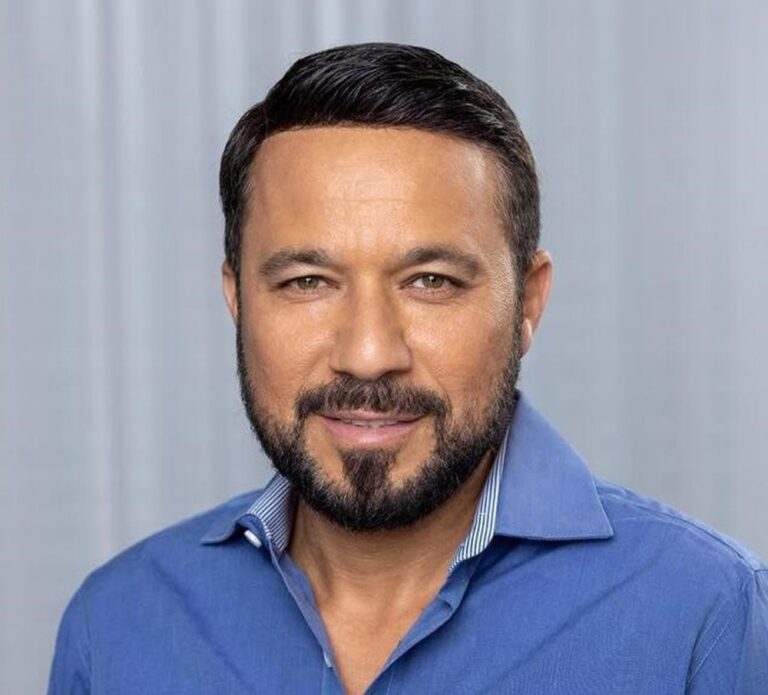
But until now there hasn’t been a support system in place to help parents understand a complex condition and get the best help for their kids, says Elul.
He thought about creating a partially automated platform to train parents, based on their shared experiences and the insights of professionals.
Then along came AI, and he fundamentally changed his approach. In 2022 he founded Tel Aviv-based startup Pery – from the Hebrew word for “my treasure.”
A lot of parents feel alone
Pery is a 24/7 companion and advocate for parents dealing with ADHD, drawing on a vast database of expert information to answer questions and offer suggestions. The system’s AI has been trained by specialists in neurological, psychological, and behavioral care, together with over 4,000 books and research papers.
Parents may, for example, be trying to decide whether or not to medicate their child. They may need help dealing with their child’s school.
They may also seek help because their child has disrupted sleep patterns. Or they may disagree with each other on a treatment plan for their child. Pery provides personalized, science-backed answers via a smartphone or other device.
“A lot of parents feel alone,” Elul tells ISRAEL21c. “ADHD is complex and they find it hard to treat, hard to manage.”
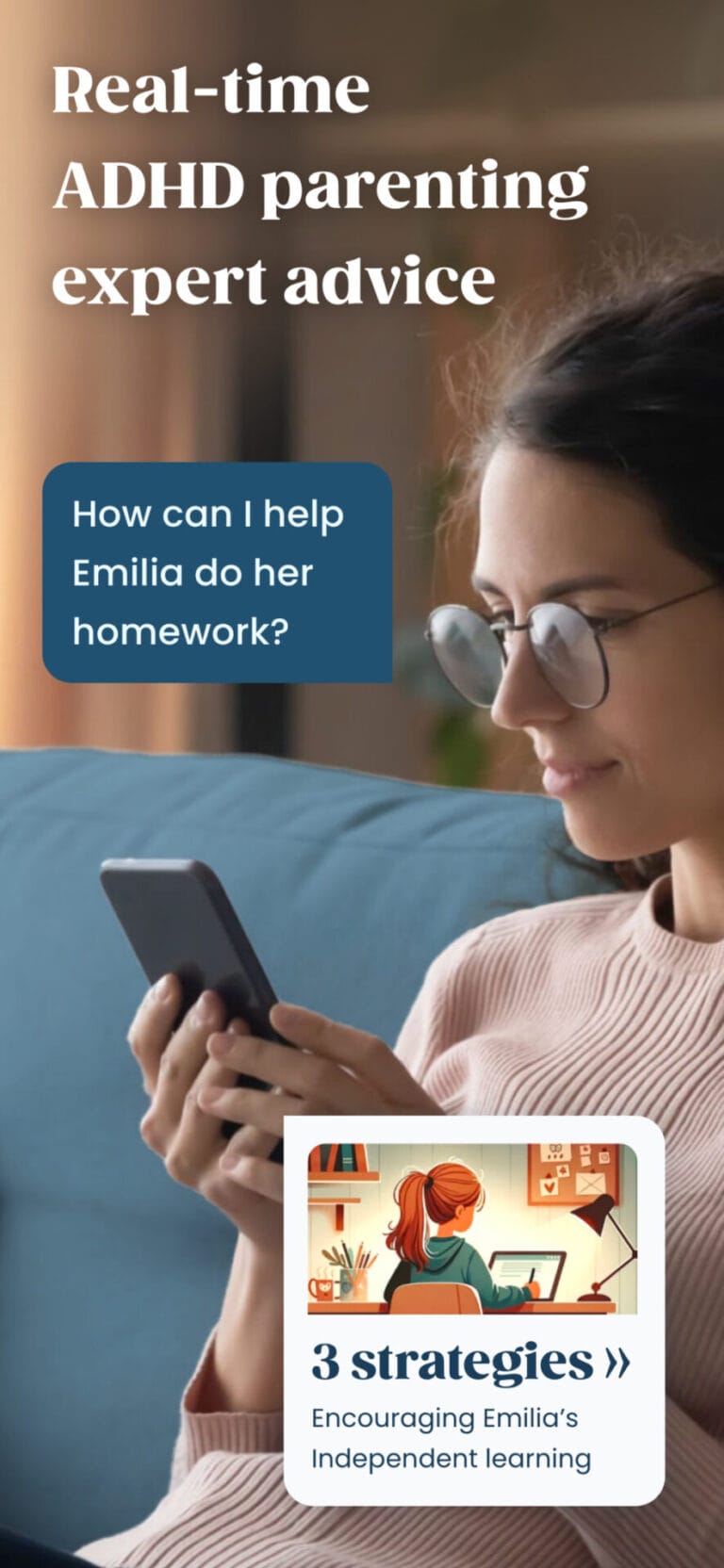
While many children with ADHD go on to become CEOs or celebrities, says Elul, research suggests 50% of kids with ADHD end up in jail.
“No matter what the reasons, we need to help the families to manage better, and to treat the kids better.”
Short, clear and specific
Pery launched in early March and is available for free to the first 1,000 who sign up. After that, parents will pay a subscription of “tens of dollars” a month, says Elul.
The Pery experience starts with an AI-driven intake interview to learn about the child.
“The questions are all short, clear and specific to you,” says Elul. “It’s not a questionnaire. We want to know what you really need from us now, and we prioritize.”
Drawing on over 2,000 strategies for day-to-day life, Pery then draws up a personalized plan for each child, together with suggestions for a daily routine. It asks parents for feedback at the end of every day and will tweak its advice based on their responses.
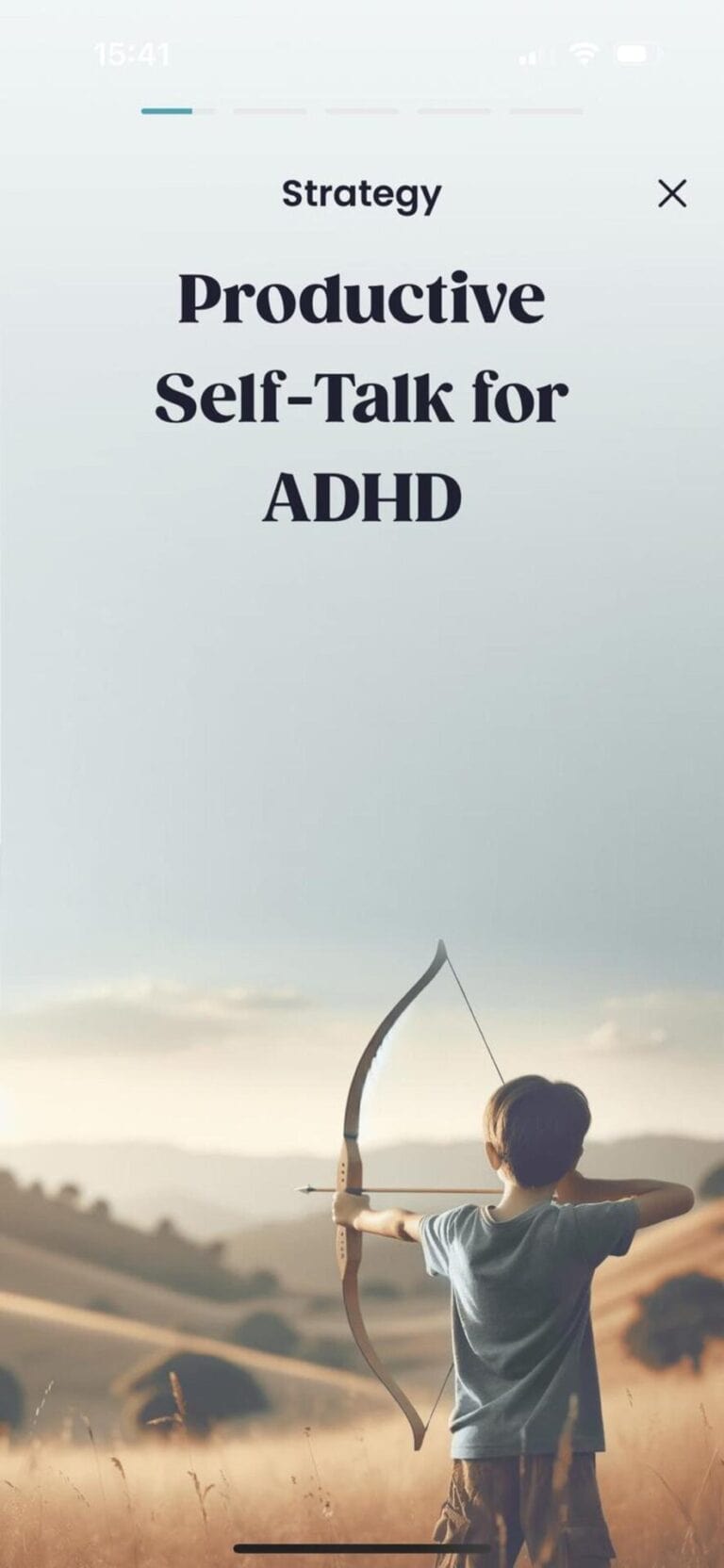
There’s plenty of advice available – keep instructions brief and clear, say the child’s name when giving important information, for example – but Pery tailors its guidance individually.
Pery also helps with the paperwork required by schools for ADHD pupils. In the United States, schools require a “504 plan” to make provision for pupils, such as extra time in tests or more frequent breaks.
As full a picture as possible
“We aim to be the platform of choice from prediagnostic, from the age of five, until college,” says Elul.
Many parents will turn to Pery daily for practical tips, or to log side effects from ADHD medication, allowing the AI to build up as full a picture as possible and make recommendations accordingly.
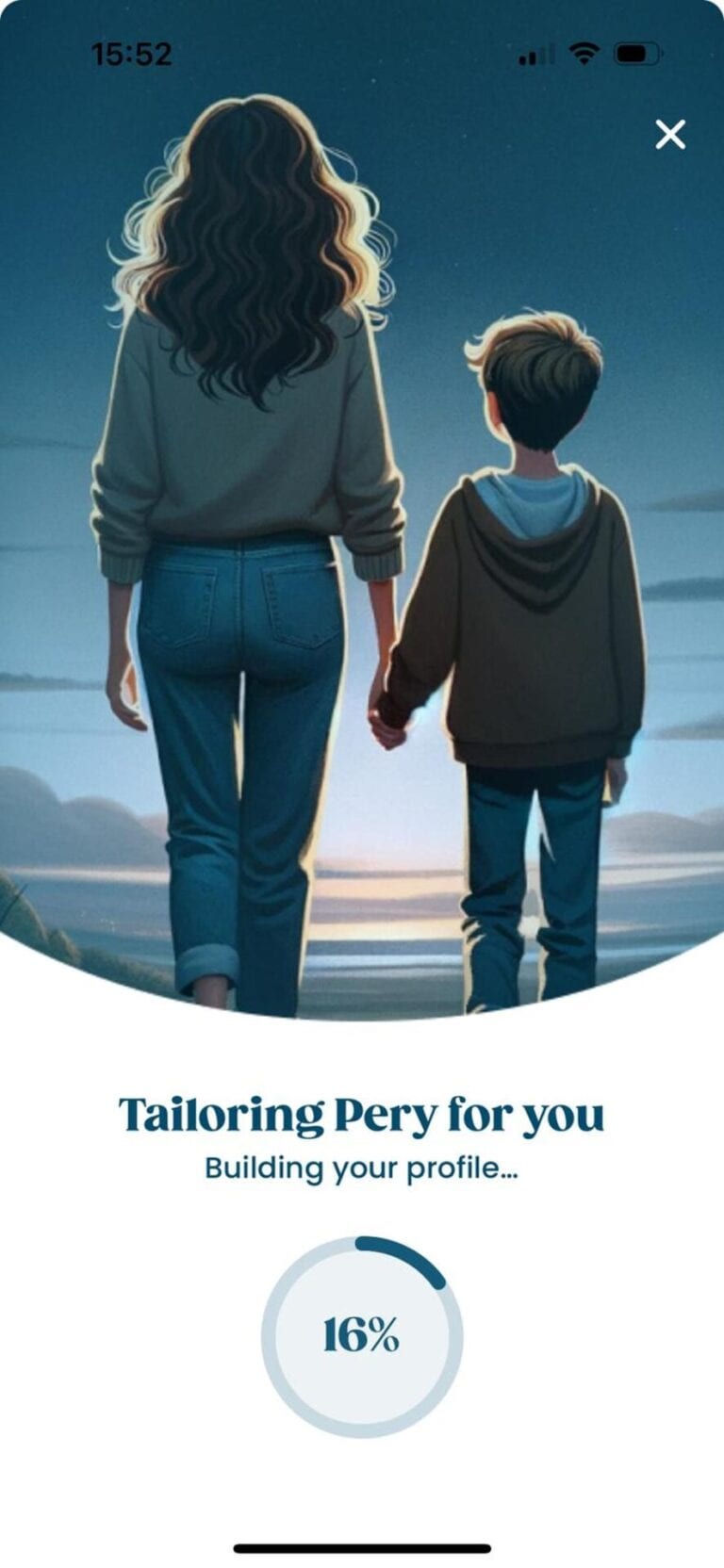
All the company’s staff of 16 understand ADHD because they have it or a family member has it.
Where would parents go if Pery didn’t exist?
“They could try ChatGPT but what they would get is very general knowledge and it won’t be personalized,” says Elul.
“We also want to help parents with the relationships they have with clinicians, and we want to provide schools with more accurate data. We help with the self-esteem of the kids and that reduces the stress levels of the parents.”
As a father of three kids diagnosed with ADHD (there’s a genetic link), does he use Pery? “Of course,” he says.
“Even for day-to-day basic things it has changed the way I looked at things. I was not aware, for example, that if a kid doesn’t want to take medication you can use a patch instead.”
Elul then highlights another telling example of what Pery can do. “You can tell Pery you have a meeting tomorrow with your wife who is against medication. What should I tell her?”
This could make for an interesting discussion – especially if the wife asks Pery what she should tell her husband.
Pery is currently available in the United States and Israel. In the near future it will expand to other English-speaking countries.
For more information, click here.




